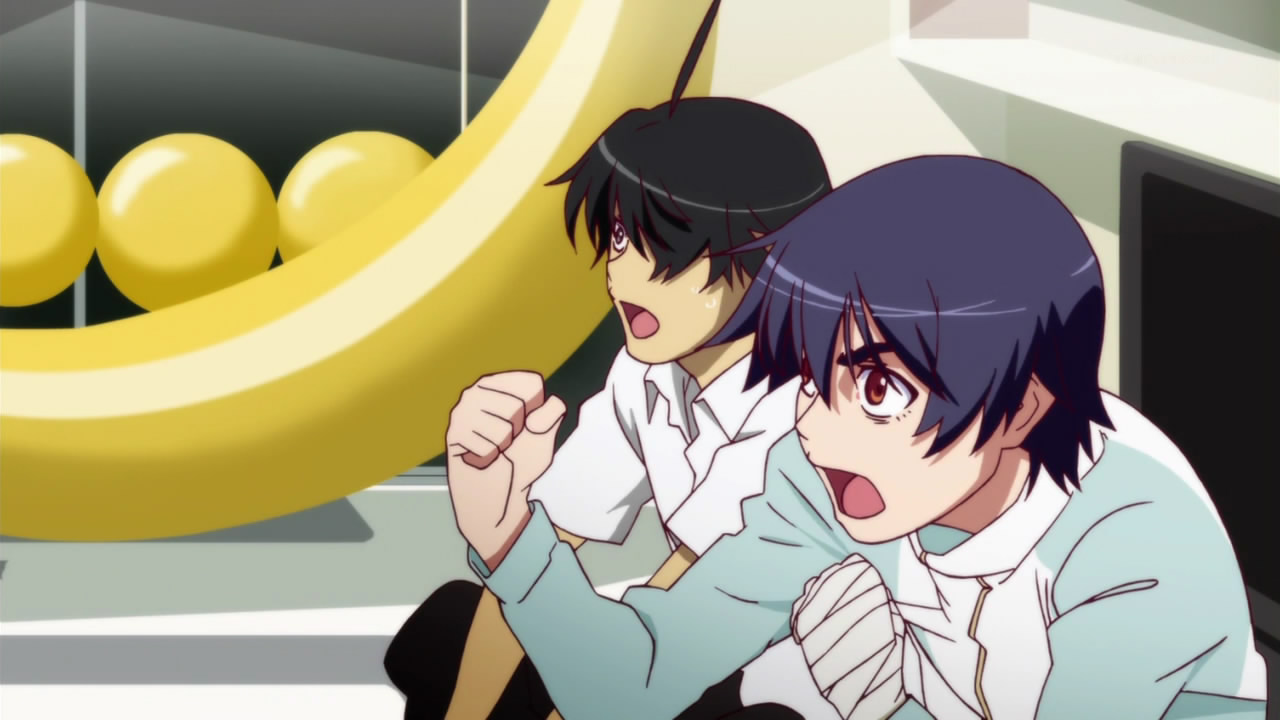I tend to prefer clicking through the unscored reviews first since I find that it’s generally a mark of a quality outlet. Rock Paper Shotgun in particular is an old favorite of mine, so their’s is the first review that I clicked on and let me tell you guys: it’s a real firecracker!
Matt clearly didn’t have a good time and I had to respectfully disagree with a lot of the points he’s made, but even so… his points are well-articulated and sensible. I’m rather glad for his uncommon perspective on the topic and I do think that RPS ultimately picked the right writer for the job. He hasn’t particularly changed my mind about a day-one purchase, of course – the main difference is now I’ll have a more nuanced and realistic expectation for what’s inside.










I took his criticisms of the combat as basically saying “this system is not interesting enough to form a satisfying gameplay loop”. That’s a critical statement which I actually agree with, though from my perspective that’s a key part of Persona’s core design: neither the combat system nor the social link system are endlessly enjoyable, so the player is intrinsically motivated to avoid lingering for too long and properly close the core gameplay loop by advancing the calendar. It’s that sort of pendulum-like cadence which gives the series its unique sense of momentum.
I do think that it’s a shame RPS’s Matt was unable to find joy in P3R’s gameplay loop due to disliking the social-link system… but I also see it as an opportunity to better understand the game as a holistic package in a way that can’t be achieved through a more carefully measured, quantitative analysis. The way I see things, the game is the game – I’m much more interested in understanding what’s in the game rather than what’s not, if that makes any sense.